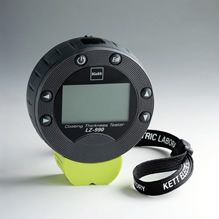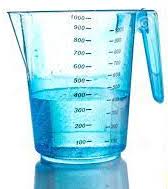What a Coating Thickness Gauge Can Reveal about Your Used Vehicle
Approximately 40 million used cars are sold in the US each year, and consumers average about 6.75 years between each car purchase.The used car...

Approximately 40 million used cars are sold in the US each year, and consumers average about 6.75 years between each car purchase.The used car...

Using a coating thickness gauge can be a fairly simple, painless procedure, and it can make a big difference in the quality of your product....if...

Water damage can cause more than just major structural damage to your home. Beyond the rotting of woodwork and framing, issues with joints, swelling...


Regardless of socio-economic status, geographic location, race or religion, people across the globe consume food products. This creates a highly...

The food processing industry is an ever-changing market. As consumers’ views on food change, those who create that food must change along with them....

Few industries require as much care for precision and security as the pharmaceutical industry. Every part of production, and each singular end result...

Few industries rely on moisture meters quite so much as the grain and seed industries. From their start as seeds to planting to harvest to...

In the world of obtaining accurate readings of moisture levels, there are several scientific, reliable ways to gather data. Some, like the Karl...

Any season, growing a crop is a major investment, and knowing how to care for that investment, and when to harvest it is key to its overall success....